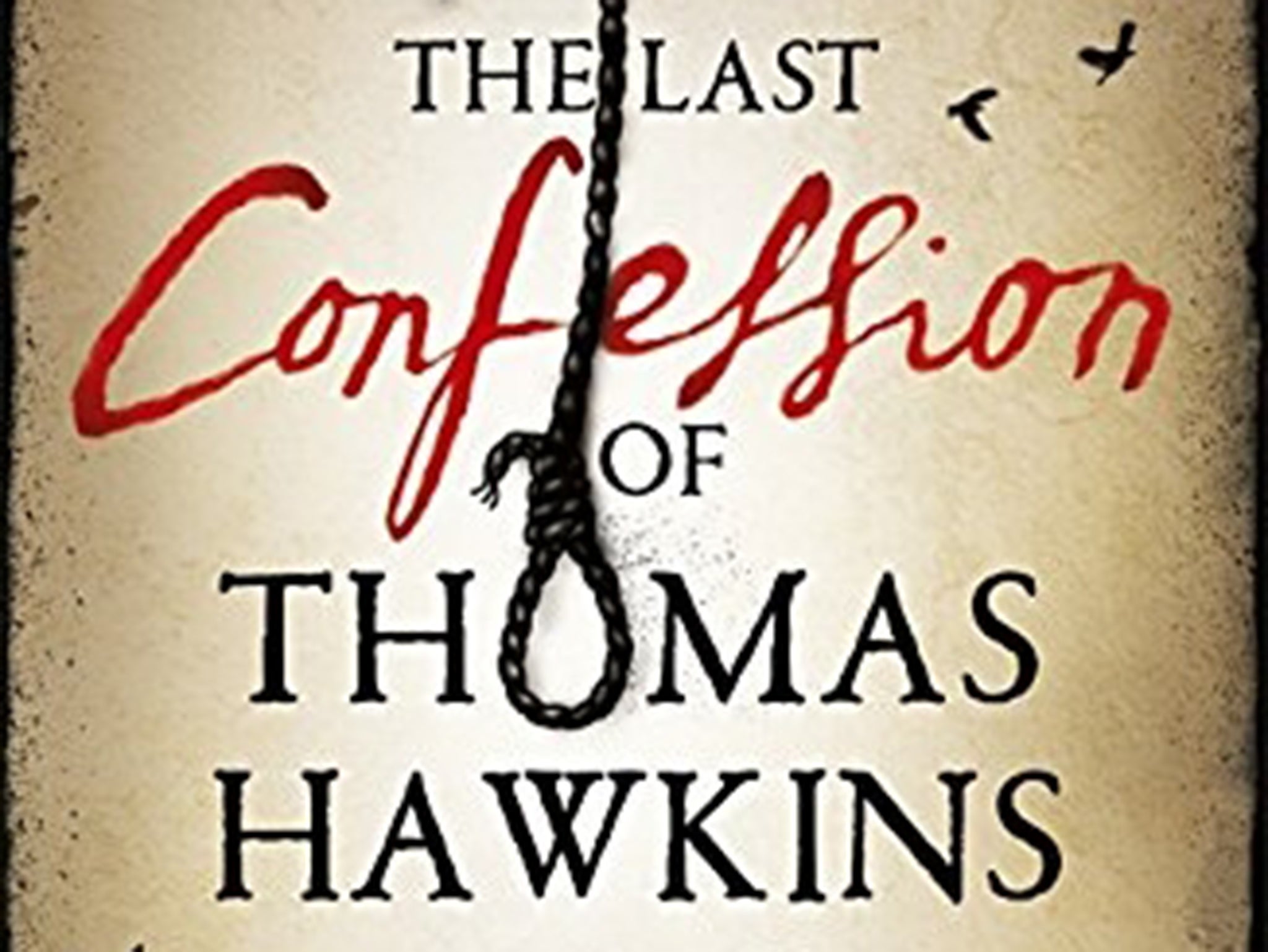The Last Confession of Thomas Hawkins by Antonia Hodgson, book review: a triumphant slice of historical fiction
Hodgson has again married immaculate research to the rip-roaring pace of the modern thriller

He survived the notorious debtors’ prison in The Devil in the Marshalsea, but those problems seem as nothing as Thomas Hawkins is led through the streets of London to be hanged at Tyburn in this follow-up. Before he goes, though, the disgraced son of a country parson has a confession to make: he has, he admits, “led a wicked life. Immersed in every vice … I have wasted many nights in taverns and brothels and cannot say I regret it,” he tells the crowd. “I confess all these things. But I swear on my soul I am not guilty of murder.”
It is spring 1728, just a few months after his release from the Marshalsea, but trouble, it seems, follows Hawkins like the smell of the nearby slums. Before long he is caught up in another breathless adventure: this one involving the murder of his seemingly upright neighbour Joseph Burden, an associate of the city magistrate John Gonson, and a fellow supporter of the Society for the Reformation of Manners. Naturally, Hawkins’s manners are not so easily reformed.
As he finds himself under investigation, Hawkins is asked to perform a favour for James Fleet, the “captain of the most powerful gang of thieves in St Giles”. Being a “gentleman/rake” in Georgian London, Hawkins has friends in high and low places, and his errand will eventually take him to the palace to pit his own wicked wit and wits against those of Queen Caroline. Needless to say, things do not go according to plan. But will Hawkins live to tell the tale he feverishly writes in his cell before he is dragged off to the gallows? Will the royal pardon he is expecting arrive in time? That would be telling.
For Hawkins’s second outing, Antonia Hodgson has again married immaculate research to the rip-roaring pace of the modern thriller and come up with a triumphant slice of historical fiction. It is not perfect – the subplot involving the King’s lover Henrietta Howard trades historical accuracy for dramatic impact; Hawkins’ fights might see him using his “last strength” a number of times – but The Last Confession … is another romp that is as enlightening about its time as it is electrifying in the present.
Though the plot moves too fast for too many weighty digressions, there are interesting questions about morality (“do not confuse a disreputable life with a wicked one”) and destiny along the way. Is it the fate of man to follow in his father’s footsteps? Is it a noble or damning choice not to? Hawkins and the reader have no time to ponder, as he battles to clear his name.
Join our commenting forum
Join thought-provoking conversations, follow other Independent readers and see their replies
Comments